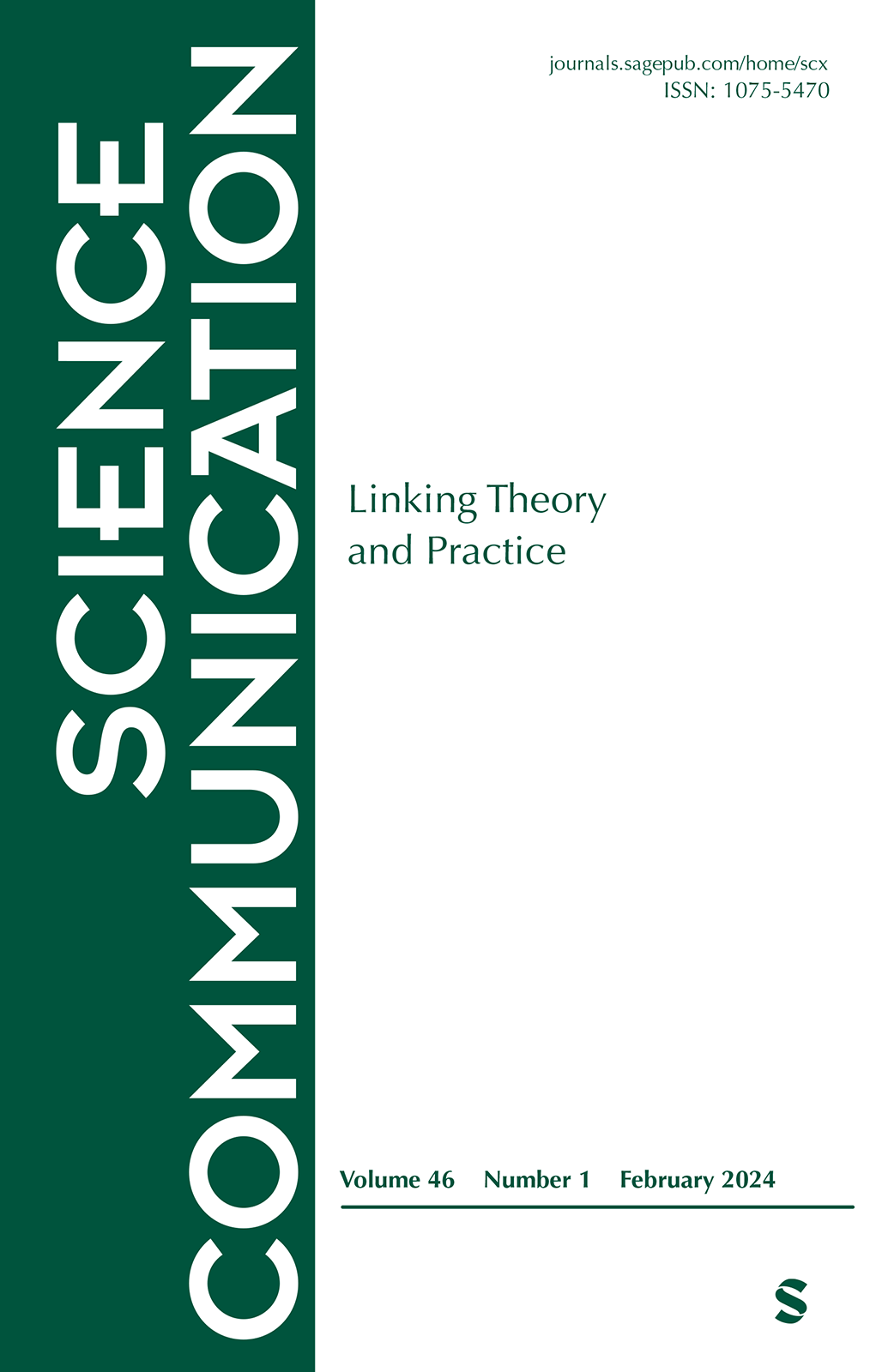调查接种信息和自我肯定在减少健康错误信息影响中的潜力
IF 4.1
1区 文学
Q1 COMMUNICATION
引用次数: 9
摘要
我们调查了接种疫苗和自我肯定干预措施在消除健康错误信息影响方面的有效性。通过Prolific招募的女性(N=854)被随机分配自我肯定(或不自我肯定),并阅读详细说明错误信息五个常见特征的接种(与对照)信息。所有参与者都阅读了一篇关于癌症筛查的错误信息文章,并报告了他们对该文章的反应。通过与抵抗相关的措施、态度和意图评估,接种(与对照)信息减少了错误信息的负面影响。实验诱导的自我肯定并没有显示出对错误信息的保护作用,但在自我报告的自发自我肯定较高的参与者中,接种干预更强。本文章由计算机程序翻译,如有差异,请以英文原文为准。
Investigating the Potential of Inoculation Messages and Self-Affirmation in Reducing the Effects of Health Misinformation
We investigated the effectiveness of inoculation and self-affirmation interventions in neutralizing effects of health misinformation. Women (N=854) recruited via Prolific were randomly assigned to self-affirm (or not) and read an inoculation (versus control) message detailing five common attributes of misinformation. All participants read an article with misinformation about breast cancer screening and reported their reactions to the article. The inoculation (vs control) message reduced the negative effects of misinformation, as assessed by resistance-related measures, attitudes, and intentions. Experimentally induced self-affirmation did not show protective effects against misinformation, but the inoculation intervention was stronger among participants higher in self-reported spontaneous self-affirmation.
求助全文
通过发布文献求助,成功后即可免费获取论文全文。
去求助
来源期刊

Science Communication
COMMUNICATION-
CiteScore
13.50
自引率
4.40%
发文量
19
期刊介绍:
Science Communication is a prestigious journal that focuses on communication research. It is recognized globally for publishing top-quality manuscripts that demonstrate excellent theoretical frameworks and robust methodology. Our journal embraces a broad definition of science, encompassing not only the natural and physical sciences but also social science, technology, environment, engineering, and health. Regardless of the scientific area, effective communication is always the focal point of our investigations.
Apart from theoretical and methodological rigor, we place great emphasis on the practical implications of scientific communication. Therefore, we expect all submitted manuscripts to address the real-world applications and significance of their research, alongside theoretical considerations.
In summary, Science Communication is an internationally renowned journal dedicated to bridging the gap between science and society. By promoting effective communication in various scientific domains, we strive to engage readers with intriguing research that has tangible implications for the world around us.
 求助内容:
求助内容: 应助结果提醒方式:
应助结果提醒方式:


